WATERVILLE — A city appeals board ruled in favor Friday of Colby College students and faculty members whose rights to vote in the city were challenged recently, marking the latest and potentially last step in fallout over a proposed ban on plastic shopping bags that to date has cost the city about $25,000 in legal fees.
The Voter Registration Appeals Board ruled unanimously that 66 of the voters whose registrations were challenged had provided sufficient evidence via an oath of residency taken before the city registrar and proof of a physical address via letters sent by the dean of students at Colby.
Cases involving another nine voters were withdrawn by challengers Cathy Weeks, Jonathan Weeks and Shaun Caron, who had asked the board to re-examine 75 voter registrations of Colby students and faculty members who, they alleged, had not shown proper proof of residency to vote in the November 2018 election.
The decision was rendered after a day and a half of testimony by students, questioning by an attorney and the challengers and about 45 minutes of public debate by the board at the Chace Community Forum downtown.
It marks the latest step in attempts to resolve a conflict over the outcome of a referendum on whether to ban plastic shopping bags and a simultaneous effort to challenge the voter registrations of a total of 164 people.
The 75 voter registrations that were looked at this week represent voters who went through hearings before the city clerk to verify their residency after a recount of the referendum forced the city to re-examine the challenged ballots. The clerk’s determination on the registrations is what the challengers had questioned.
Fallout from the plastic bag referendum and simultaneous voter registration challenges has cost the city about $25,000 in legal fees to date, including the costs of a Maine Supreme Judicial Court case that was thrown out before the challengers filed their appeal with the city, according to City Solicitor William A. Lee III.
While either the students, the faculty members or the challengers could submit an appeal of Friday’s decision to the state, Lee said the decision is hopefully the final word on the plastic bag ban, which the City Council approved and could take affect Sept. 1 after the outcome of Friday’s hearings.
Mark Andre, an Oakland resident who helped organize the challenge and appeal, was barred from speaking at the hearings because he is neither a Waterville resident nor an attorney.

Mark Andre, right, whispers an answer to a question from the Voter Registration Appeals Board to Shaun Caron, left, during a hearing Friday at the Chace Forum at Alfond Commons in Waterville. Morning Sentinel photo by Michael G. Seamans
However, he assisted Caron in questioning students and participating in the hearing. Lee said it was permissible because Caron was “allowed to have assistance so long as the person speaking is the challenger.”
He said the board does not differentiate between assistance and someone being fed questions to ask.
Several times during Friday’s hearing, Leah Rachin, an attorney representing the Colby students and faculty, said she felt Andre was overstepping his bounds.
“Mr. Andre is not a party and he keeps overstepping his bounds,” she said to the board at one point.
“He’s helping me with the wording because I’m not an attorney,” Caron said.
“Nor is he,” Rachin said. She declined to comment when asked during a break whether she thought Andre was providing unauthorized legal counsel.
The purpose of the hearings was to determine whether Colby students and faculty who voted in the November elections were properly registered to vote at the time.
Andre originally raised the question back in November when he was running for a legislative seat in House District 110 and said he had concerns about students in the new Bill & Joan Alfond Commons building downtown voting in the correct ward and district. The grounds for the challenges at that time were that students were using mailing addresses rather than physical addresses to register to vote.
The new dormitory is in a different legislative district and city ward from Colby’s main campus on Mayflower Hill Drive.
With the help of the three challengers in Waterville, Andre challenged about 164 total ballots in November. The challenged ballots were supposed to be looked at by the Maine Supreme Judicial Court in relation to their effect on the bag ban, but Andre and Caron said Friday they didn’t care about the outcome on the bag ban.

Leah Rachin, an attorney representing students from Colby College, questions on Friday a Colby College student whose voter registration was being challenged at the Chace Forum at Alfond Commons in downtown Waterville. Morning Sentinel photo by Michael G. Seamans
Instead, they sought to clarify whether Colby students and faculty members who allegedly did not show sufficient proof of residence should be removed from the state’s voter registration system.
“What we learned today is the only requirement to vote in Waterville is a statement that you want to and that you live here, which means there is no voter security in Waterville,” Andre said after the hearing.
He said he is weighing whether he will proceed with another appeal, but “at this point it’s more of a political decision for Waterville.”
“It was within the discretion of the board to require more evidence, but once again they chose to go with the minimum,” he said.
During the hearings, some students said they did not have Maine driver’s licenses, but have licenses in another state, a point that their attorney said was simply “an enforcement issue” and unrelated to their ability to legally vote in Maine.
Andre and Caron contended that such evidence was conflicting and raised questions about whether the students actually were residing in Waterville when they voted in November.
According to Maine law, a registrar of voters can look at a number of factors to determine a person’s residency for voting purposes, including a direct statement of intent, the location where a person lives, the place where their motor vehicle is registered, or the address where they receive their mail, among other things.

Colby College student Lutie Brown listens Friday at the Chace Forum at Alfond Commons in Waterville to examinations of other Colby students who voted in Waterville in the November 2018 election. The voter registration appeal board voted unanimously to uphold the right of voters whose ballots were challenged. Morning Sentinel photo by Michael G. Seamans
In an interview, White also took issue with a statement made by Mayor Nick Isgro in which he wrote on Facebook, “this once again begs the question that I am so often asked as Mayor: is it moral or ethical for college students from other states to be allowed to vote in local races, like city council and mayor, and on local referendum and city policies?”
Send questions/comments to the editors.


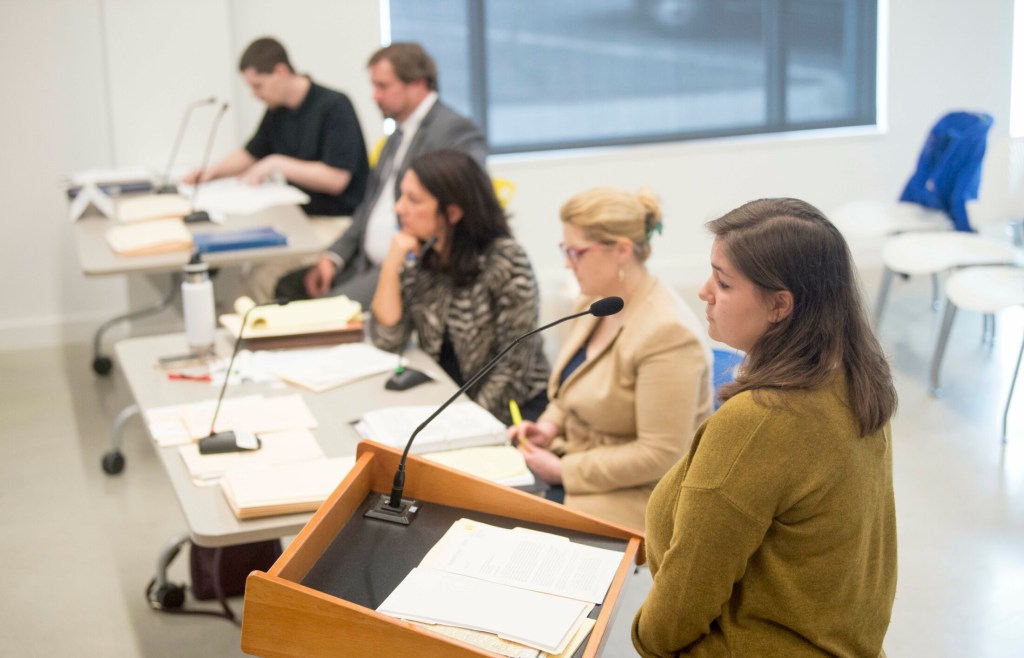
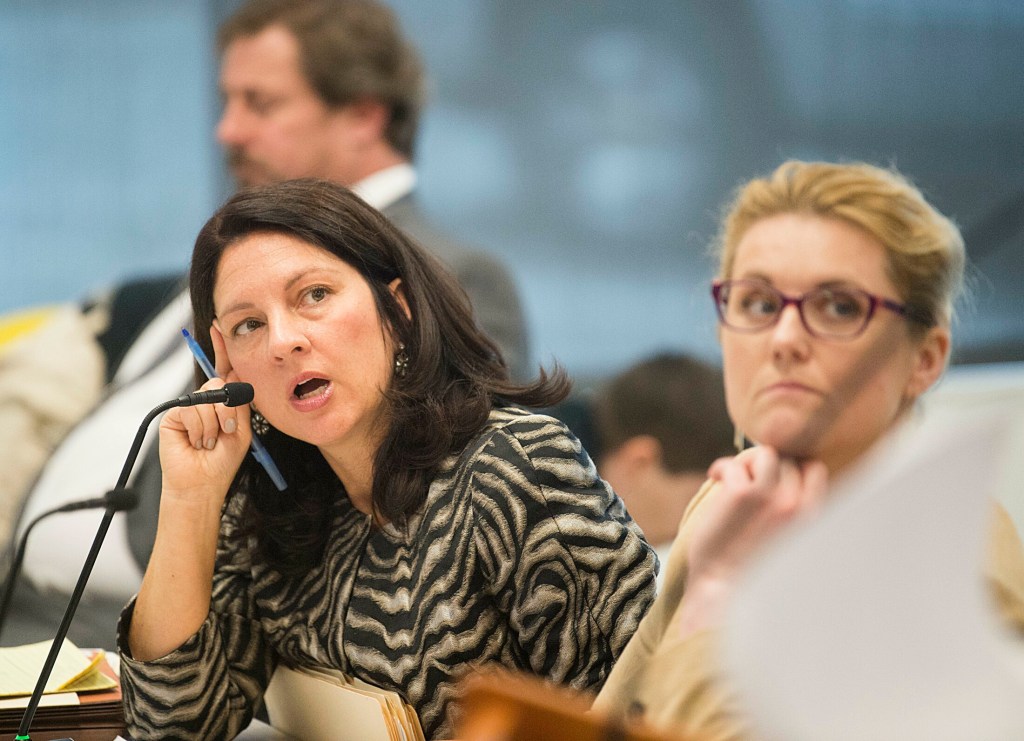
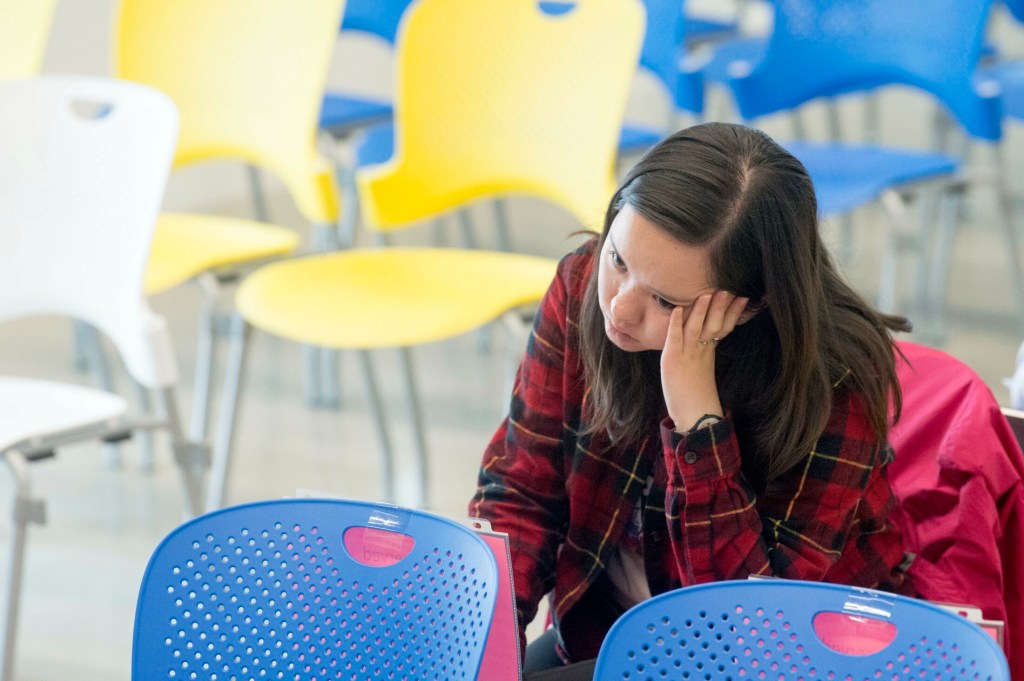
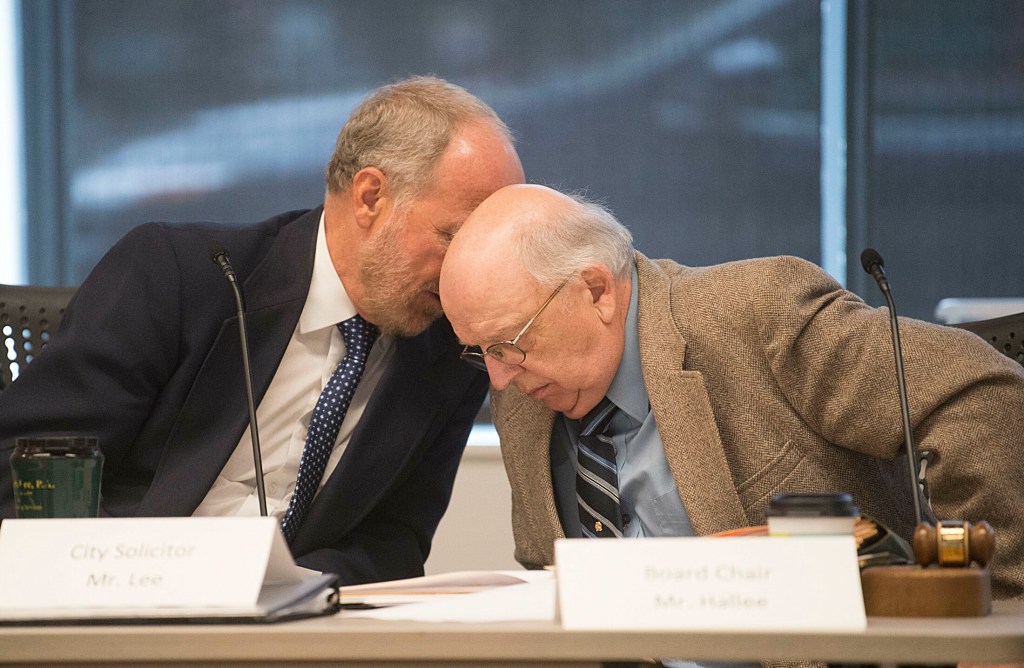
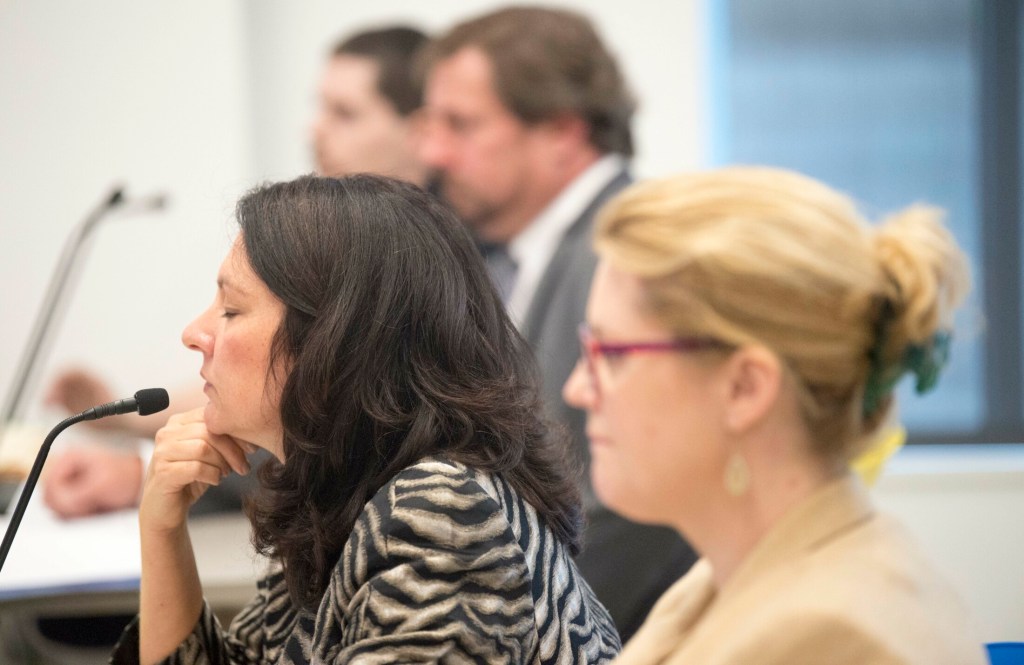
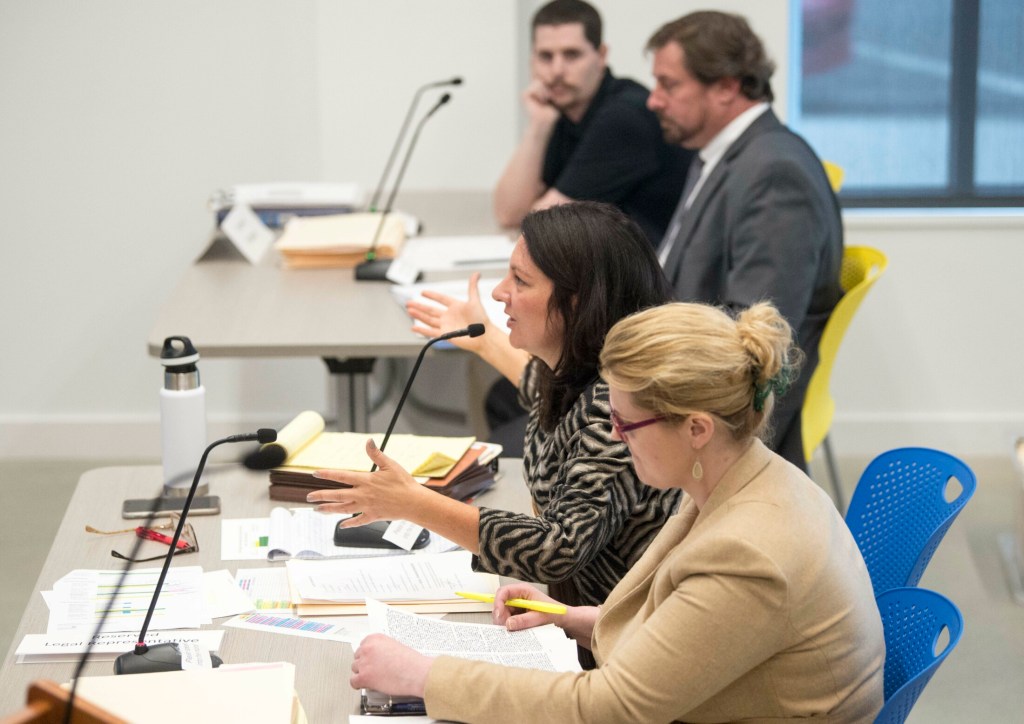

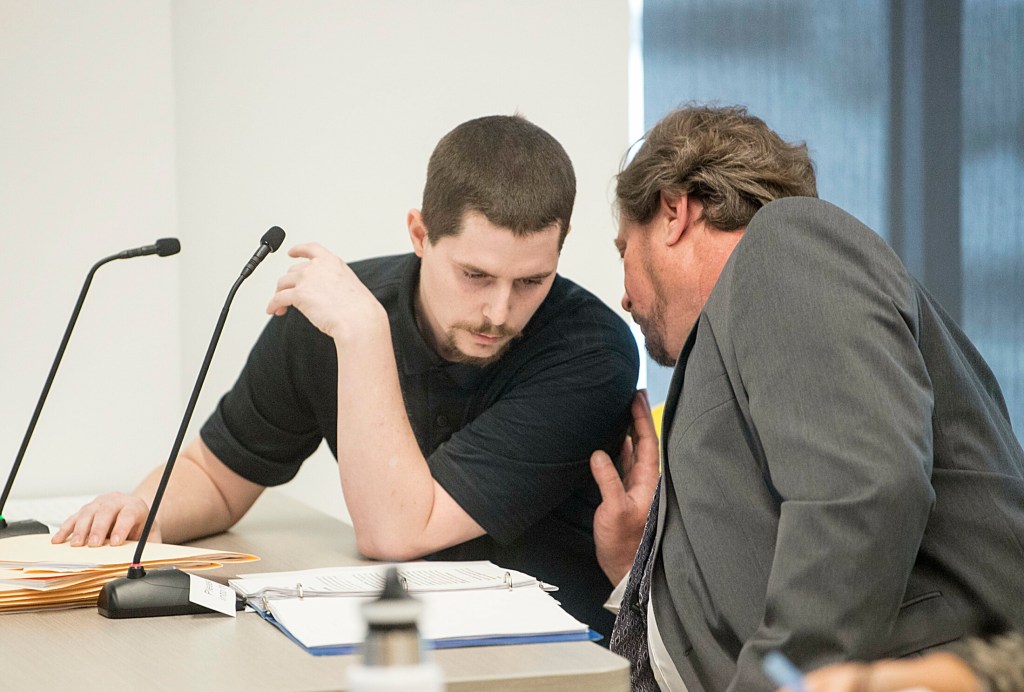
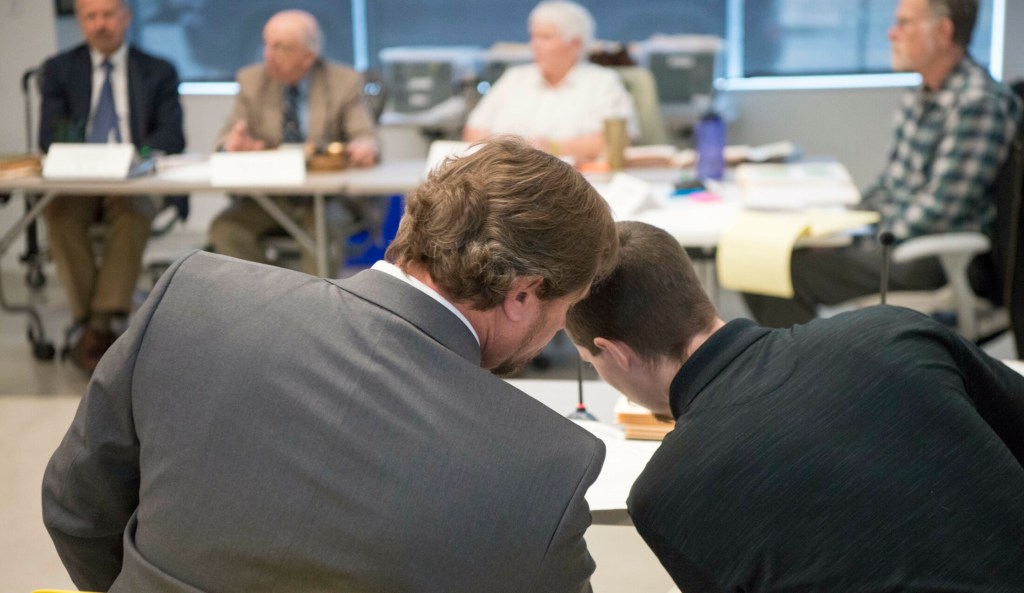
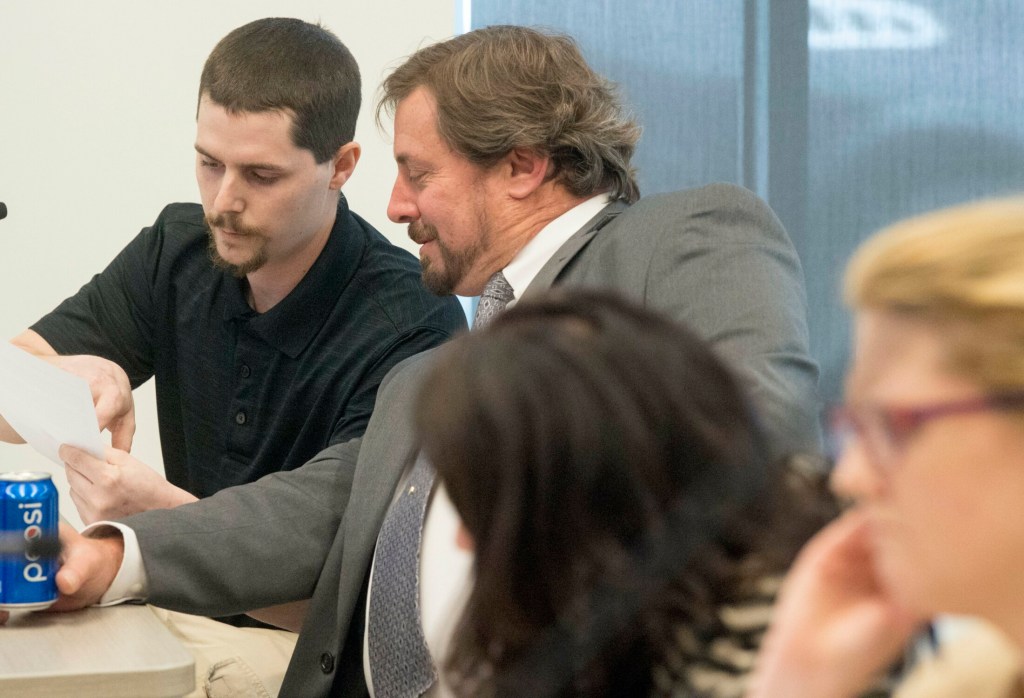


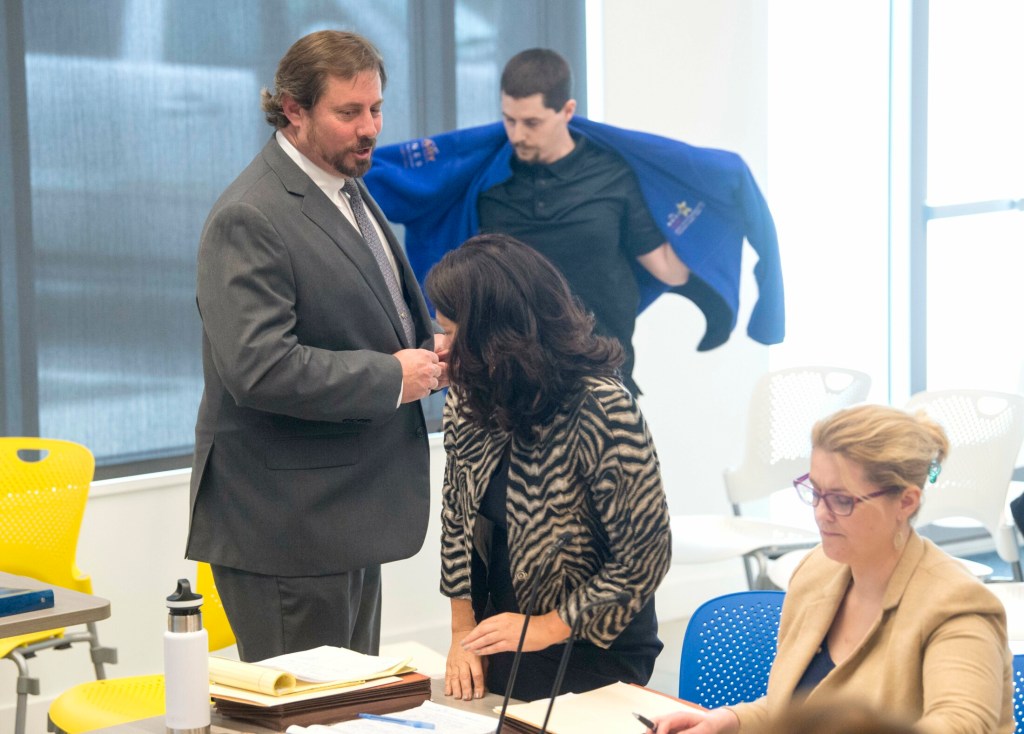

Comments are no longer available on this story